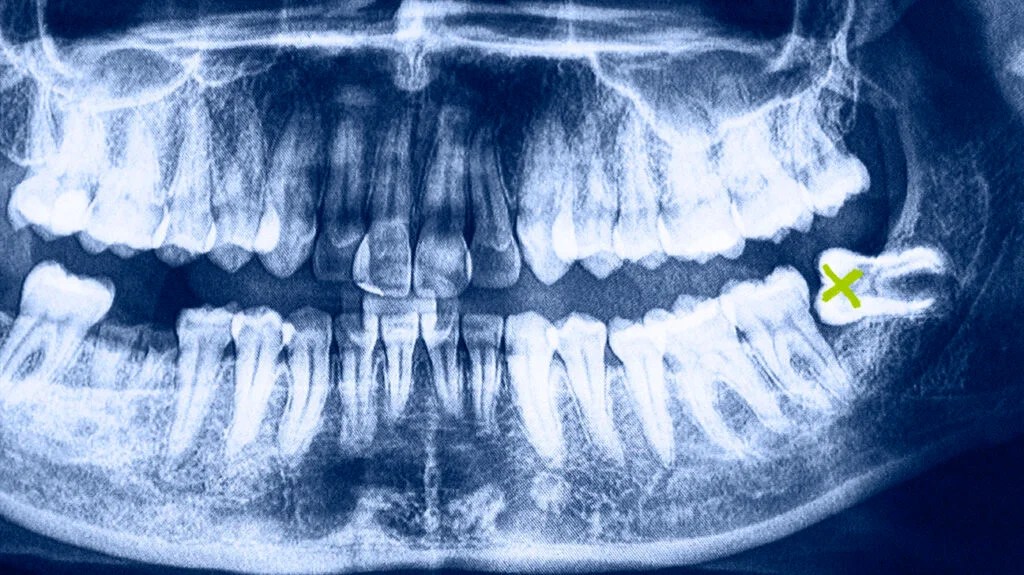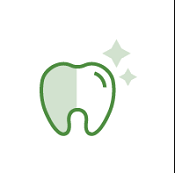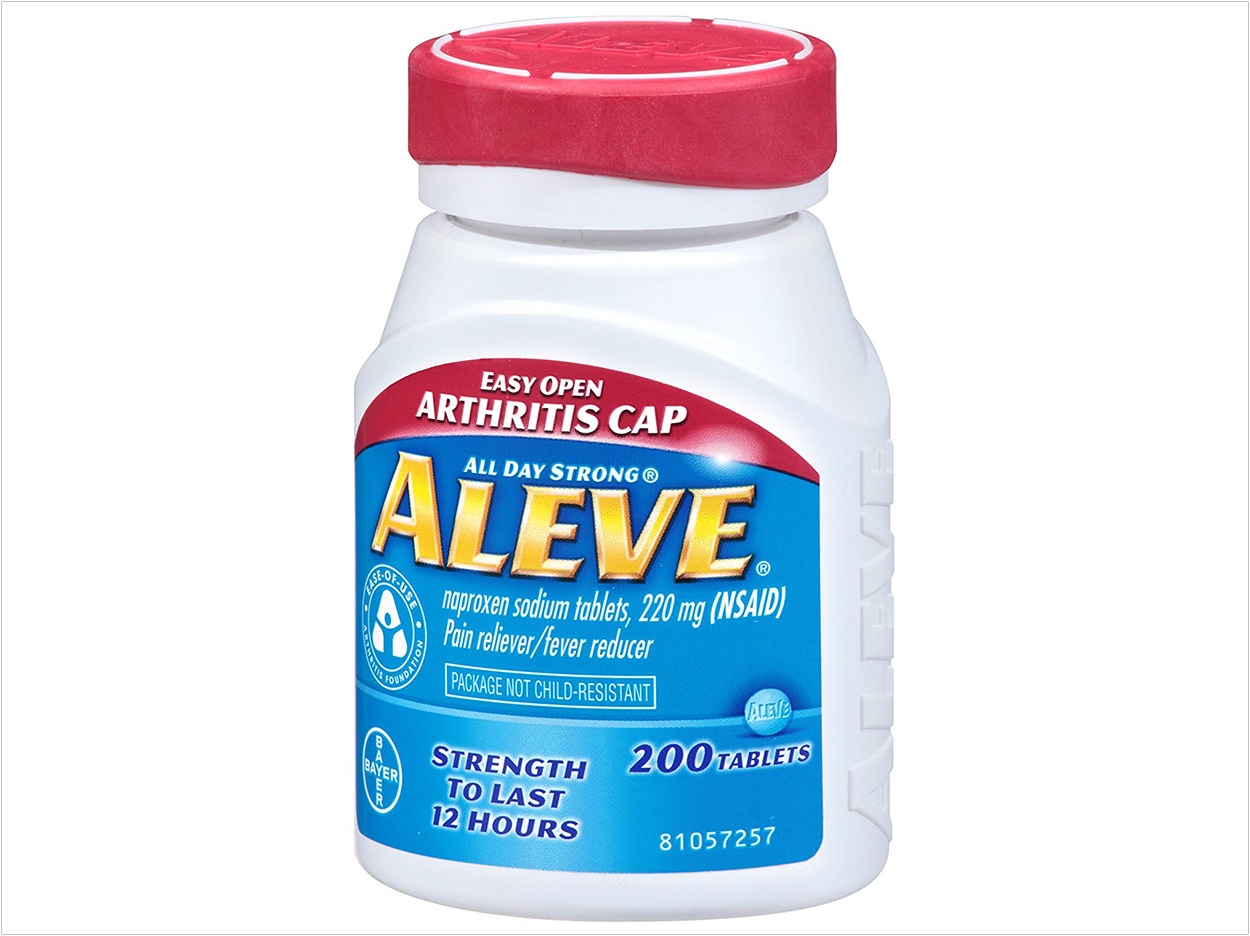Introduction
Wisdom tooth extraction is a common dental procedure that many people undergo. While the surgery itself may be relatively quick and straightforward, the recovery process can be accompanied by discomfort and pain. Managing pain effectively after wisdom tooth surgery is crucial to ensure a smooth and comfortable healing process. In this blog post, we will explore some helpful tips and techniques to alleviate pain and promote healing after wisdom tooth extraction.
1. Understanding Wisdom Tooth Surgery
Wisdom tooth surgery, also known as third molar extraction, is a common dental procedure performed to remove one or more impacted wisdom teeth. This surgery is often necessary due to various reasons such as overcrowding, impaction, or potential damage to adjacent teeth. While the surgery itself is relatively straightforward, managing pain and discomfort during the recovery period is crucial for a smooth healing process.
2. Follow Post-Surgery Instructions
After wisdom tooth surgery, your dentist or oral surgeon will provide you with specific post-operative instructions. It is essential to follow these instructions carefully to minimize pain and promote healing. These instructions may include guidelines on pain management, oral hygiene, diet, and activity restrictions. Adhering to these instructions will help you recover faster and reduce the risk of complications.
3. Pain Management Techniques
Managing pain after wisdom tooth surgery is a top priority. Here are some effective pain management techniques:
3.1. Medications
Your dentist or oral surgeon may prescribe pain medications to alleviate discomfort. These may include over-the-counter pain relievers such as ibuprofen or acetaminophen, or stronger prescription medications if necessary. Follow the prescribed dosage and frequency to control pain effectively.
3.2. Cold Compress
Applying a cold compress to the affected area can help reduce swelling and numb the area, providing temporary relief from pain. Use an ice pack wrapped in a thin cloth and apply it gently to the outside of your cheek for 15-20 minutes at a time.
3.3. Saltwater Rinse
Rinsing your mouth with warm saltwater can help reduce pain and inflammation. Mix half a teaspoon of salt in a glass of warm water and gently swish it around your mouth for 30 seconds before spitting it out. Repeat this several times a day, especially after meals.
3.4. Avoiding Straws and Smoking

Using straws or smoking can create suction in your mouth, which can dislodge blood clots and delay the healing process. Avoid using straws and refrain from smoking for at least.
Summary
Recovering from wisdom tooth surgery can be a challenging experience, but with proper pain management techniques, you can make the healing process more bearable. This blog post will provide you with valuable insights and practical tips to effectively manage pain after wisdom tooth extraction. By following these recommendations, you can minimize discomfort, promote healing, and get back to your normal routine i was reading this as quickly as possible.
- Q: How long does the pain typically last after wisdom tooth surgery?
- A: The pain usually lasts for about 2-3 days after the surgery, but it can vary from person to person.
- Q: What can I do to manage the pain?
- A: To manage the pain, you can take over-the-counter pain medications as prescribed by your dentist or oral surgeon. Applying an ice pack to the affected area for 15 minutes at a time can also help reduce swelling and discomfort.
- Q: Is it normal to experience swelling after the surgery?
- A: Yes, swelling is a common side effect after wisdom tooth surgery. It usually peaks within the first 48 hours and gradually subsides over the next few days.
- Q: How can I reduce swelling?
- A: To reduce swelling, you can apply an ice pack to the outside of your cheek near the surgical area for 15 minutes at a time. It is recommended to do this for the first 24-48 hours after the surgery.
- Q: Can I eat normally after the surgery?
- A: It is best to stick to a soft or liquid diet for the first few days after the surgery. Avoid hard, chewy, or spicy foods that can irritate the surgical site. Gradually introduce solid foods as you start feeling more comfortable.
- Q: How should I take care of the surgical site?
- A: Keeping the surgical site clean is important for proper healing. Gently rinse your mouth with warm saltwater after meals to remove any food particles. Avoid vigorous rinsing or touching the area with your tongue or fingers.
- Q: When should I contact my dentist or oral surgeon?
- A: You should contact your dentist or oral surgeon if you experience severe or worsening pain, excessive bleeding, persistent fever, or any other concerns that you feel require professional attention.

Welcome to my website! My name is Jonathan Northcote, and I am a dedicated and experienced Dental Technician specializing in Dental Beautification, Wisdom Tooth Extraction, and Teeth Grinding Solutions. With a passion for creating beautiful smiles and improving oral health, I am committed to providing exceptional dental care and solutions to my patients.

